A Therapist Navigating Antidepressant Withdrawal: Nelson Lee on the Power of the Present Moment
Mad in America
JUNE 11, 2025
When I’m with a client, I have the awareness to know what’s showing up for me, and that gives me the ability to show up for them. Being mindful is really just being aware of it. For example, I’m learning the power of stepping out of constant self-development and moving toward becoming a creator. Lee: It’s been way worse.


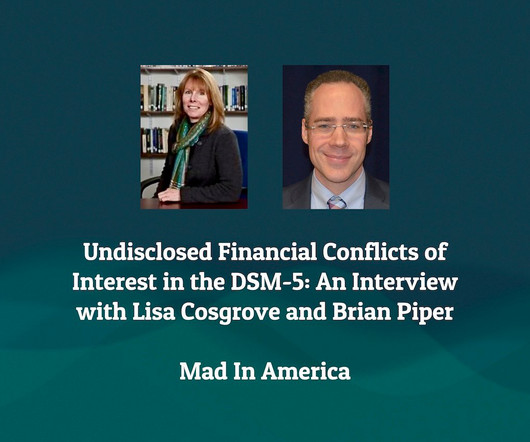
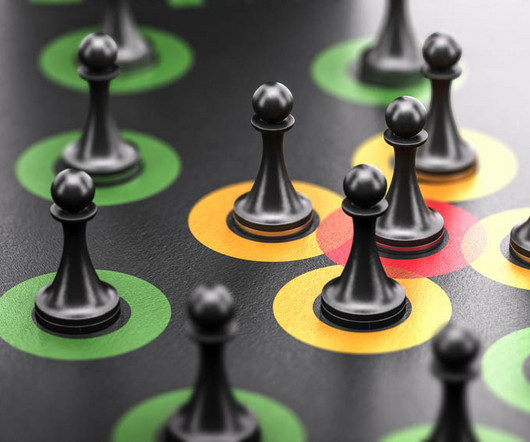
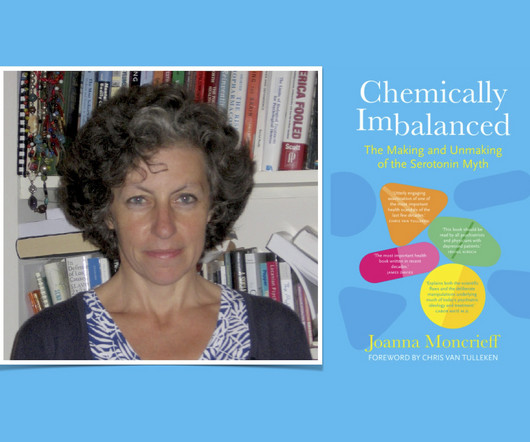
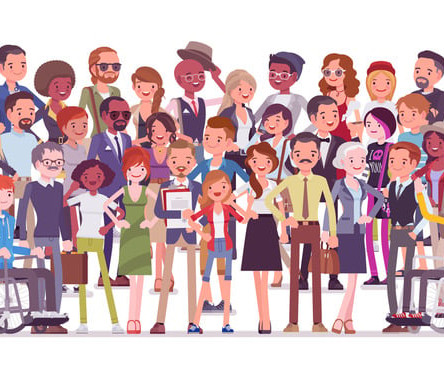
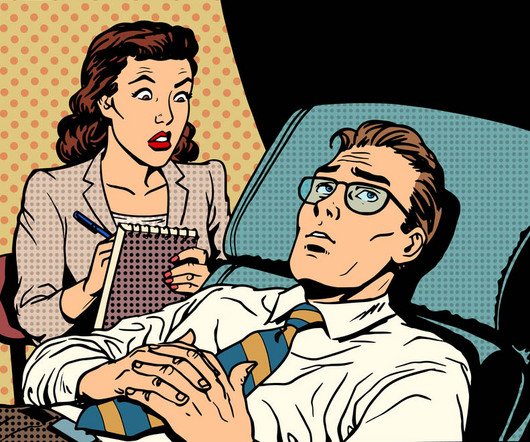



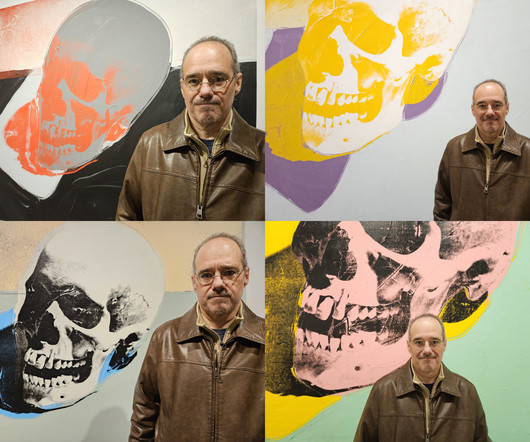
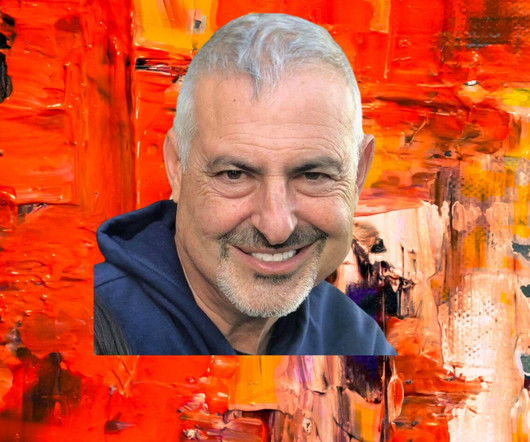






Let's personalize your content